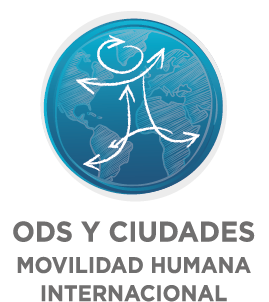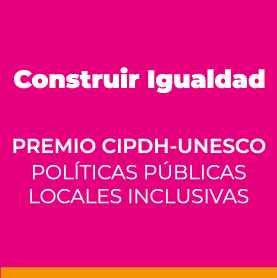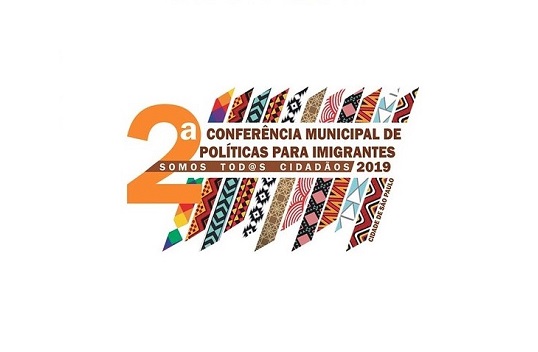
- Region
- Latin America and the Caribbean
- Range of Demographic Size
- 1,000,000 inhabitants or more (metropolis)
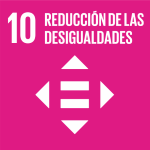
10.7 Facilitate orderly, safe, regular and responsible migration and mobility of people, including through the implementation of planned and well-managed migration policies.
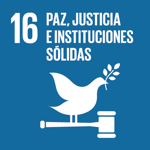
16.7 Ensure responsive, inclusive, participatory and representative decision-making at all levels.
International Convention on the Protection of the Rights of All Migrant Workers and Members of their Families (CRMW).
Summary
The Municipality of São Paulo promotes conferences on different problems to foster debate between public sector and civil society representatives with the purpose of formulating a proposal for a specific public policy.
In this regard, two conferences were held to record the priorities of the public policy for migrants. These are events of advisory nature; public and thematic; discussion, understanding and plurality spaces which involve government bodies and civil society.
Implementation Date:
Start: 03 / 1 / 2013
End: End: Currently in force
Social/citizen participation
Building of partnerships, networks, associations and coalitions
Coordination Office for Migrant Policies (CPMig) of the Municipality of São Paulo: Management Report: 2013-2016
Final Document of the First Municipal Conference on Policies for Migrants
Municipal Policy for Immigrant Population
Instrumentos

10.7 Facilitate orderly, safe, regular and responsible migration and mobility of people, including through the implementation of planned and well-managed migration policies.

16.7 Ensure responsive, inclusive, participatory and representative decision-making at all levels.
International Convention on the Protection of the Rights of All Migrant Workers and Members of their Families (CRMW).
Location
- Region
- Latin America and the Caribbean
- Range of Demographic Size
- 1,000,000 inhabitants or more (metropolis)
Contact details
- Email: migrantes@prefeitura.sp.gov.br
- Web: https://www.prefeitura.sp.gov.br/cidade/secretarias/direitos_humanos/imigrantes_e_trabalho_decente/
- Telephone: (Español) (11) 3113-9821
- Social network:


